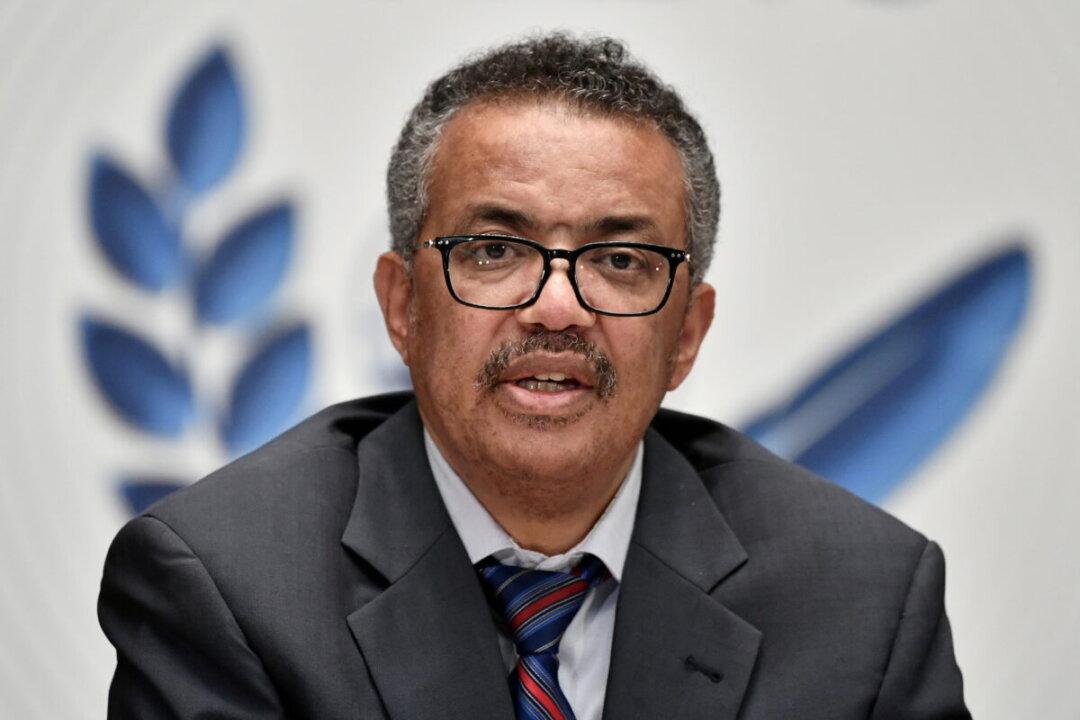The World Health Organization’s demands for more money from members led countries on May 22 to approve a budget that includes an increase in mandatory payments to the United Nations body.
Member states at the World Health Assembly approved a record-high $6.8 billion budget for 2024–25, with a key component being a hike in mandatory payments.





